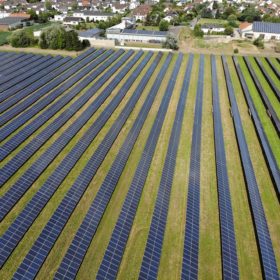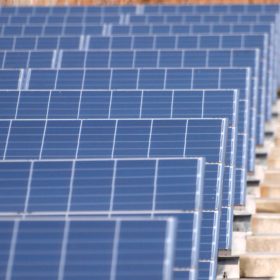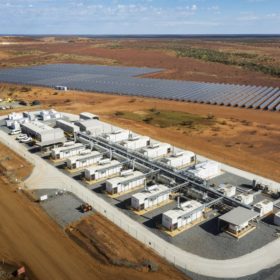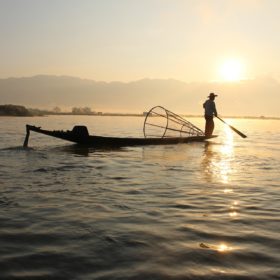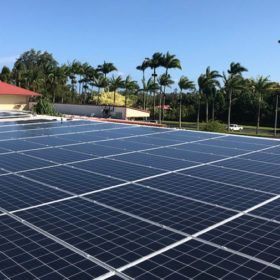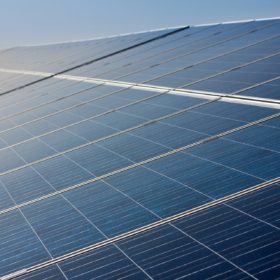France added 176 MW of solar in first three months of the year
Quarterly new additions were 15% lower than in the October-to-December window. The France Territoire Solaire thinktank said the lower volumes could be explained by the initial impact of the coronavirus crisis.
Romania’s largest gas provider set to embrace renewables
Romgaz is reportedly planning to invest in solar, wind, geothermal and biogas power projects by tendering for consultants.
56 MW hybrid wind-solar plant powers up at Australian gold mine
The unique solar, wind, and battery project has been completed at Gold Fields’ Agnew Gold Mine, marking Australia’s largest hybrid microgrid of its kind.
Sunny regions could see one-cent solar within a decade
The solar learning curve usually applied to panel costs has been extrapolated to the larger, non-module element of the price of solar electricity generated by big projects, leading one commentator to predict new solar projects could be cheaper than legacy fossil fuel plants within 10-15 years in certain markets.
Myanmar launches 1 GW solar tender
The country’s Ministry of Electricity and Energy is seeking proposals for 30 large-scale solar plants. The selected developers will be awarded 20-year power purchase agreements.
Hawaii’s solar tender will increase state’s capacity 50%
16 project winners totaling 460 MW in capacity have been chosen by Hawaiian Electric Company to fill its most ambitious renewable procurement yet. The move will bring jobs to one of the areas hardest-hit by virus-related unemployment.
Zimbabwe launches smart-meter-led net metering and 500 MW solar tender
Utility the Zimbabwe Electricity Distribution Company has offered solar power system-owning customers the chance to operate under new net metering rules. The state-owned utility has also started tendering for a total 500 MW of solar generation capacity, according to Reuters.
Big solar and power-to-gas arrive in Finland
Energy company EPV Energy is planning to build a 100 MW solar park to replace peat energy production. Peers Wärtsilä and Vantaa Energy are planning a power-to-gas facility to produce carbon-neutral synthetic biogas using electricity and carbon dioxide from a waste-to-energy plant.
South African chemicals producer seeks to procure 600 MW of renewables
Sasol has launched a request for information process to supply its South African operations with renewable energy.
Nigeria kicks off tender for 10 MW solar park
The Nigeria Sovereign Investment Authority (NSIA) is seeking proposals for a 10 MW grid-connected solar plant in Kumbotso, Nigeria.
